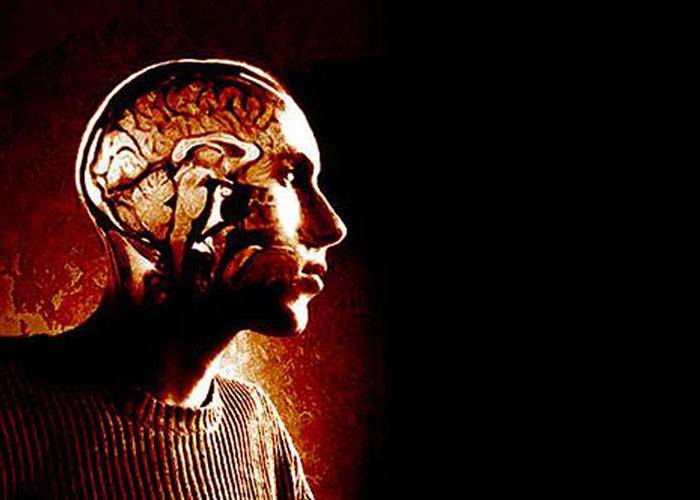A single dose of antidepressant is enough to produce dramatic changes in the functional architecture of the human brain. Brain scans taken of people before and after an acute dose of a commonly prescribed SSRI (serotonin reuptake inhibitor) reveal changes in connectivity within three hours, say researchers who report their observations in the Cell Press journal Current Biology on September 18.
“We were not expecting the SSRI to have such a prominent effect on such a short timescale or for the resulting signal to encompass the entire brain,” says Julia Sacher of the Max Planck Institute for Human Cognitive and Brain Sciences.
While SSRIs are among the most widely studied and prescribed form of antidepressants worldwide, it’s still not entirely clear how they work. The drugs are believed to change brain connectivity in important ways, but those effects had generally been thought to take place over a period of weeks, not hours.
The new findings show that changes begin to take place right away. Sacher says what they are seeing in medication-free individuals who had never taken antidepressants before may be an early marker of brain reorganization.
Study participants let their minds wander for about 15 minutes in a brain scanner that measures the oxygenation of blood flow in the brain. The researchers characterized three-dimensional images of each individual’s brain by measuring the number of connections between small blocks known as voxels (comparable to the pixels in an image) and the change in those connections with a single dose of escitalopram (trade name Lexapro).
Their whole-brain network analysis shows that one dose of the SSRI reduces the level of intrinsic connectivity in most parts of the brain. However, Sacher and her colleagues observed an increase in connectivity within two brain regions, specifically the cerebellum and thalamus.
The researchers say the new findings represent an essential first step toward clinical studies in patients suffering from depression. They also plan to compare the functional connectivity signature of brains in recovery and those of patients who fail to respond after weeks of SSRI treatment.
Understanding the differences between the brains of individuals who respond to SSRIs and those who don’t “could help to better predict who will benefit from this kind of antidepressant versus some other form of therapy,” Sacher says. “The hope that we have is that ultimately our work will help to guide better treatment decisions and tailor individualized therapy for patients suffering from depression.”
Source: Alexander Schaefer, Inga Burmann, Ralf Regenthal, Katrin Arélin, Claudia Barth, André Pampel, Arno Villringer, Daniel S. Margulies, Julia Sacher. Serotonergic Modulation of Intrinsic Functional Connectivity. Current Biology, 2014; DOI: 10.1016/j.cub.2014.08.024
Journal Link: bit.ly/1BSiLaB












